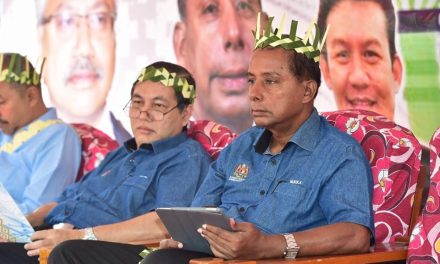THE Employment Act 1955 enforced in Peninsular Malaysia is an important piece of legislation which prescribes the minimum protection of rights to workers. The broad purpose of the Act is to protect employees by guaranteeing certain minimum standards in their conditions of employment.
Parties to an employment contract must abide by the minimum conditions laid down by the Act, including the payment of wages; restrictions in the deduction of workers’ wages; maternity protection; and prescribing the rest days in each week, maximum hours of work a day, public holidays each year, annual leave, sick leave and overtime rates payable for extra hours of work.
Failure to comply with the minimum provisions set out by the Act is an offence for which an employer can be prosecuted in the Labour Court.
Further, Section 7 of the Act stipulates that any term or condition of a contract of service or of an agreement, which provides a term or condition of service that is less favourable to an employee than a term or condition of service prescribed by the Act, shall be void and of no effect to that extent, and the more favourable provisions of the Act shall be substituted in its place.
Unfortunately, the Act does not cover employees whose wages exceed RM2,000 unless they fall within the category of manual labour as provided in the First Schedule of the Act.
The term “manual labour” involves physical exertion as opposed to mental or intellectual effort.
It is not manual labour if the real labour involved is the labour of brain and intelligence.
Further, the term “wages” here does not include any commission, subsistence allowance or overtime pay.
Hence, the recent proposal by the Human Resources Ministry to extend the application of the Act to cover all workers irrespective of their wages is commended, as this could eliminate discrimination among the workforce in Malaysia.
It would also acknowledge the fact that workers are unequal in the bargaining strength with the employer unless they are unionised. Further, the proposed amendment is in line with the international labour instruments that promote, inter alia, equal protection for all workers.
ASHGAR ALI ALI MOHAMED
International Islamic University Malaysia









